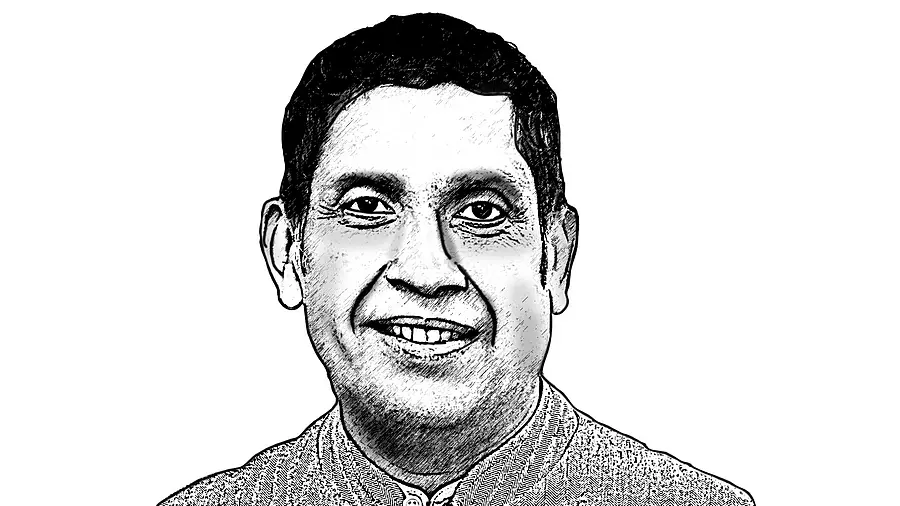Praveen Chakravarty
October 29, 2023

Praveen Chakravarty is a Congressman curious about correlations, causes & consequences @pravchak
Indulge in a thought experiment. There is a bag with 10 balls, of which eight are blue and two are orange. If we pick one ball randomly a hundred times, basic statistics tells us that we should get a blue ball 80 times and an orange ball 20 times. Instead, if it yields an orange ball nearly every time, would you not be suspicious about how the balls were chosen or about the neutrality of the picker?
In an abstract sense, this is what Indian society is experiencing. 80% of Indians belong to the oppressed backward and scheduled castes, religious minorities and tribals (blue balls). The remaining 20% are the privileged ‘forward’ castes (orange balls).
Data reveals that more than three-quarters of all senior professional positions in India are taken up by people from the ‘forward castes’ who constitute only one-fifth of the population. This cannot be a mere statistical oddity. Like the thought experiment above, when people from the privileged castes are being picked in far greater numbers for professional positions than those from the oppressed groups, the very process of choosing people can seem suspect.
Of course, choosing coloured balls randomly from a bag is not the same as choosing people for professional positions and one cannot expect the same theoretical laws of statistics to apply in both. But it is understandable
